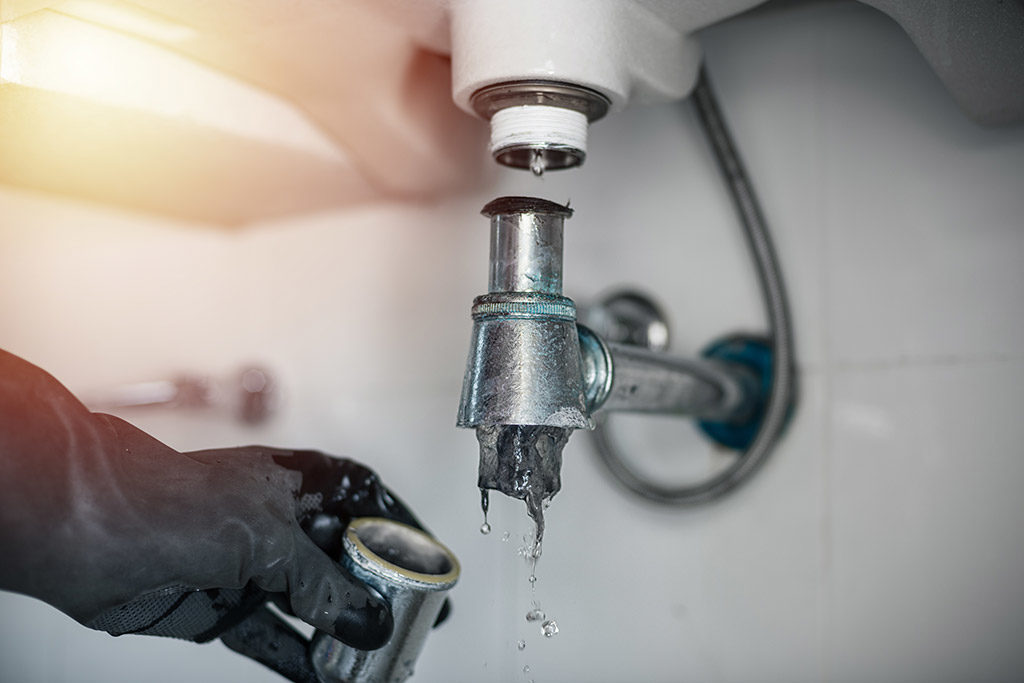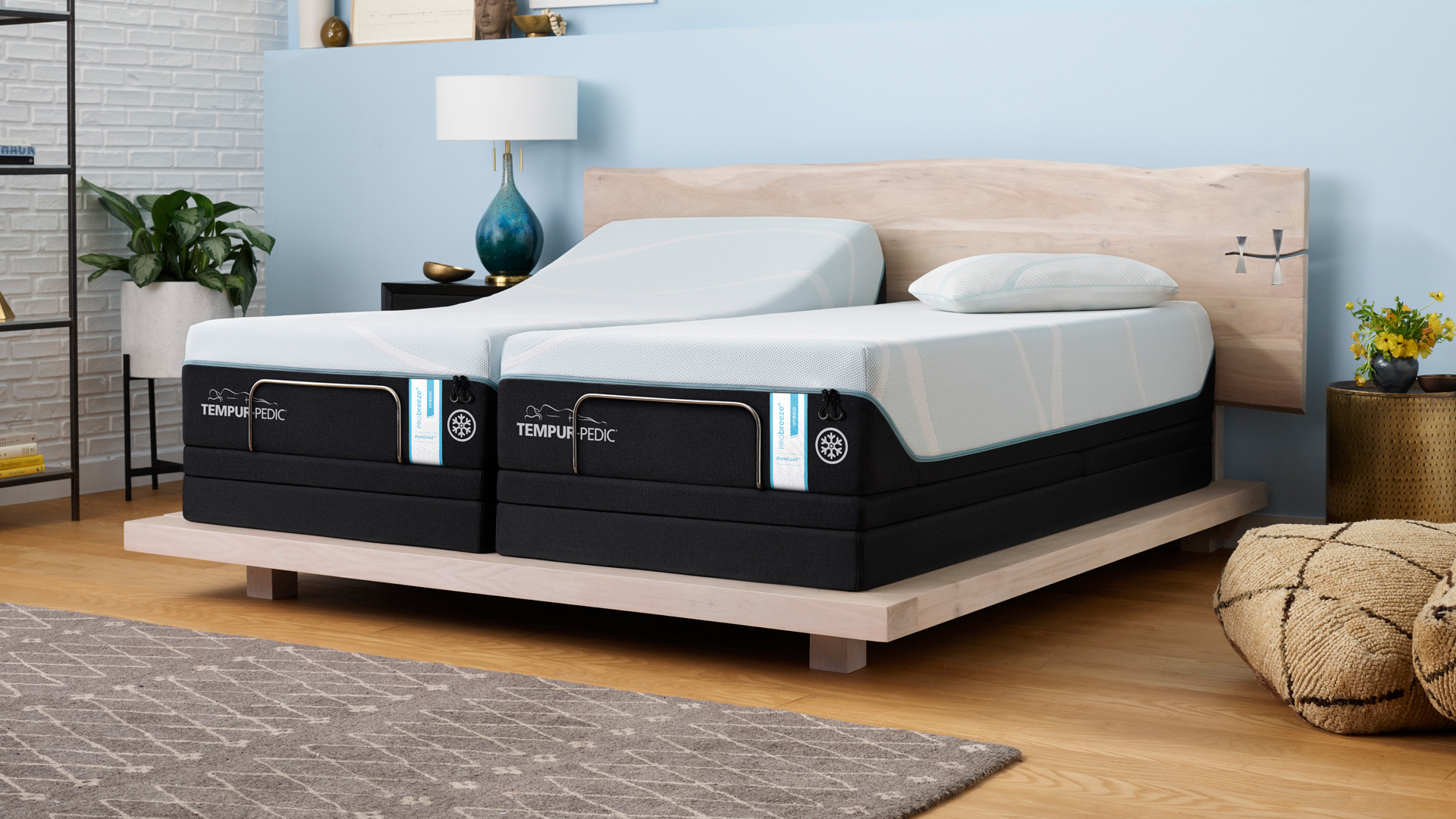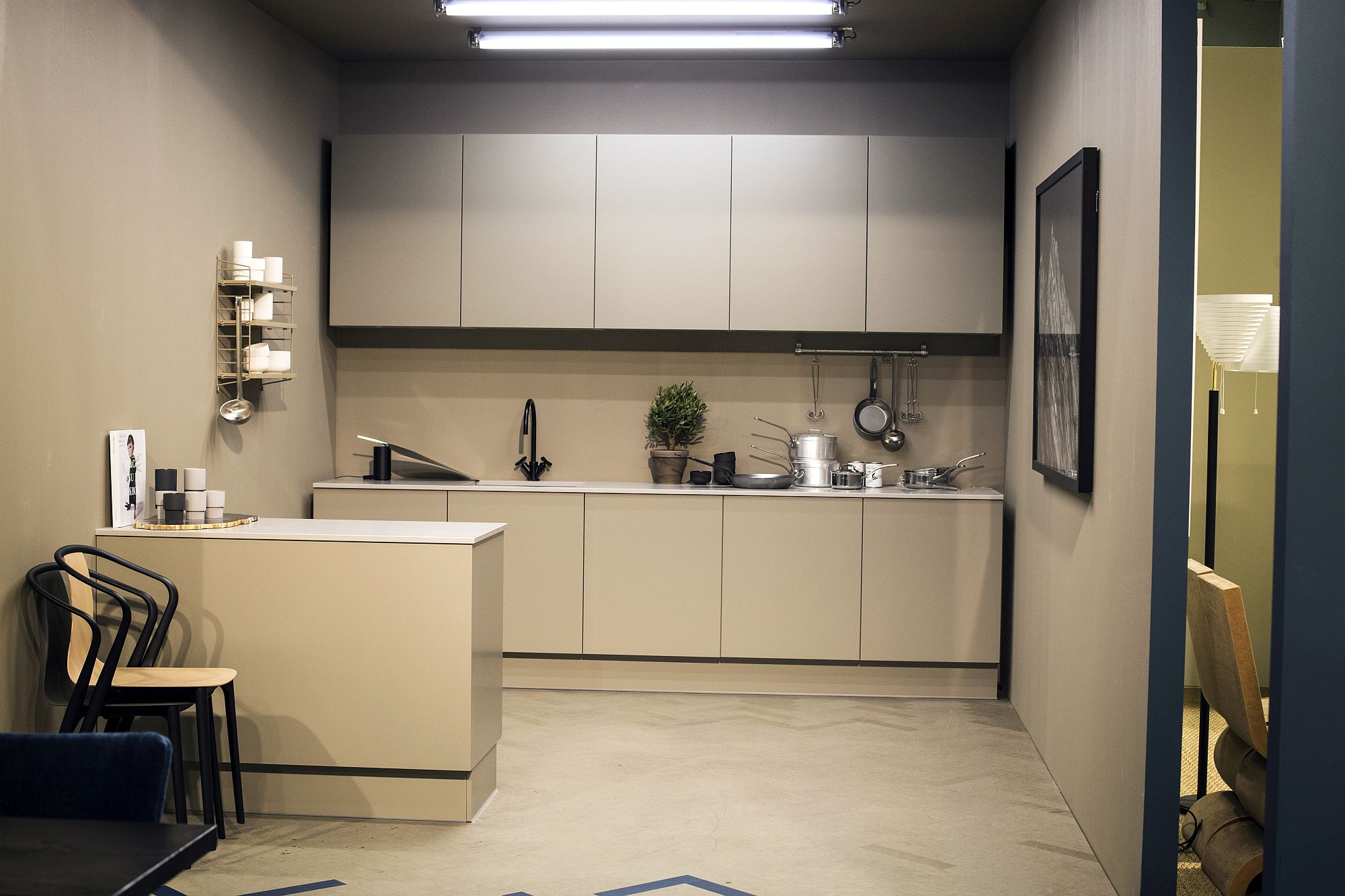Can Toothpaste Clog a Bathroom Sink?
Toothpaste is a daily essential for maintaining good oral hygiene, but have you ever wondered if it could be causing problems in your bathroom sink? As surprising as it may seem, toothpaste can actually cause clogs in your bathroom sink. In this article, we'll explore the reasons behind this and give you tips on how to prevent it from happening.
The Problem with Toothpaste Clogs
When we brush our teeth, small particles of toothpaste can get washed down the drain. These particles can accumulate over time and eventually cause a clog in your bathroom sink. This is especially true for toothpaste that contains calcium carbonate, a common ingredient that can harden and stick to the walls of your pipes.
How Toothpaste Can Clog Your Sink
As mentioned earlier, toothpaste particles can build up in your pipes and cause a clog. But how exactly does this happen? When toothpaste comes into contact with water, it can become sticky and cling to the walls of your pipes. Over time, this can create a thick layer that can trap other debris and lead to a clog.
Preventing Toothpaste Clogs
The best way to prevent toothpaste clogs in your bathroom sink is to be mindful of how much toothpaste you use. You may be tempted to use a large amount, but a pea-sized amount is enough for effective cleaning. Additionally, you can try running hot water down the drain after brushing your teeth to help wash away any remaining toothpaste particles.
The Consequences of a Clogged Sink
If your sink becomes clogged due to toothpaste buildup, it can lead to a number of problems. For one, it can cause a foul odor in your bathroom. It can also slow down the draining process, making it inconvenient to use the sink. In more severe cases, a clog can even cause water to back up and overflow, creating a messy and potentially costly situation.
Other Ways Toothpaste Can Affect Your Bathroom
Aside from clogging your sink, toothpaste can also cause other issues in your bathroom. If you accidentally squeeze too much toothpaste into the sink, it can create a sticky mess that is difficult to clean. Additionally, toothpaste can also leave behind stains on your sink and countertops if it is not rinsed away properly.
What to Do If You Have a Clog
If you discover that your bathroom sink is clogged due to toothpaste buildup, don't panic. There are several methods you can try to clear the clog. One option is to use a plunger to try and dislodge the clog. You can also try using a drain snake to remove any debris from the pipes. If these methods don't work, it may be time to call a professional plumber for assistance.
In Conclusion
Toothpaste may seem harmless, but it can actually cause clogs in your bathroom sink. By being mindful of how much toothpaste you use and regularly cleaning your sink, you can help prevent these clogs from occurring. If you do encounter a clog, there are steps you can take to clear it, but don't hesitate to seek professional help if needed. By taking these precautions, you can ensure your bathroom sink stays clog-free and functioning properly.
How to Avoid Sink Clogs Caused by Toothpaste Build-Up

Understanding the Problem

It's a common scenario in many households - you're brushing your teeth and absentmindedly spit out your toothpaste into the sink. Over time, you start to notice that the water is draining slower and slower, until one day it's completely clogged. But can toothpaste really be the culprit for a clogged bathroom sink? The answer is yes, and here's why.
The Ingredients of Toothpaste

Most toothpastes contain a combination of abrasive agents, foaming agents, and binding agents to effectively clean and protect our teeth. These ingredients work together to remove plaque and bacteria, but they can also cause problems when they make their way down our drains.
How Toothpaste Can Clog Your Sink

As we brush our teeth, we spit out a mixture of toothpaste, saliva, and bacteria into the sink. The abrasive agents in toothpaste can cause small particles of food and debris to stick to the walls of the sink and pipes, creating a build-up over time. This build-up can eventually lead to a clog, making it difficult for water to flow freely.
Preventing Clogs from Toothpaste

Thankfully, there are a few simple steps you can take to avoid clogs caused by toothpaste build-up in your bathroom sink. Rinse your sink thoroughly after brushing your teeth to help wash away any residue. You can also use a drain cover to catch any excess toothpaste before it goes down the drain. Regularly cleaning your sink with a mixture of baking soda and vinegar can also help remove any build-up.
What to Do if Your Sink is Already Clogged
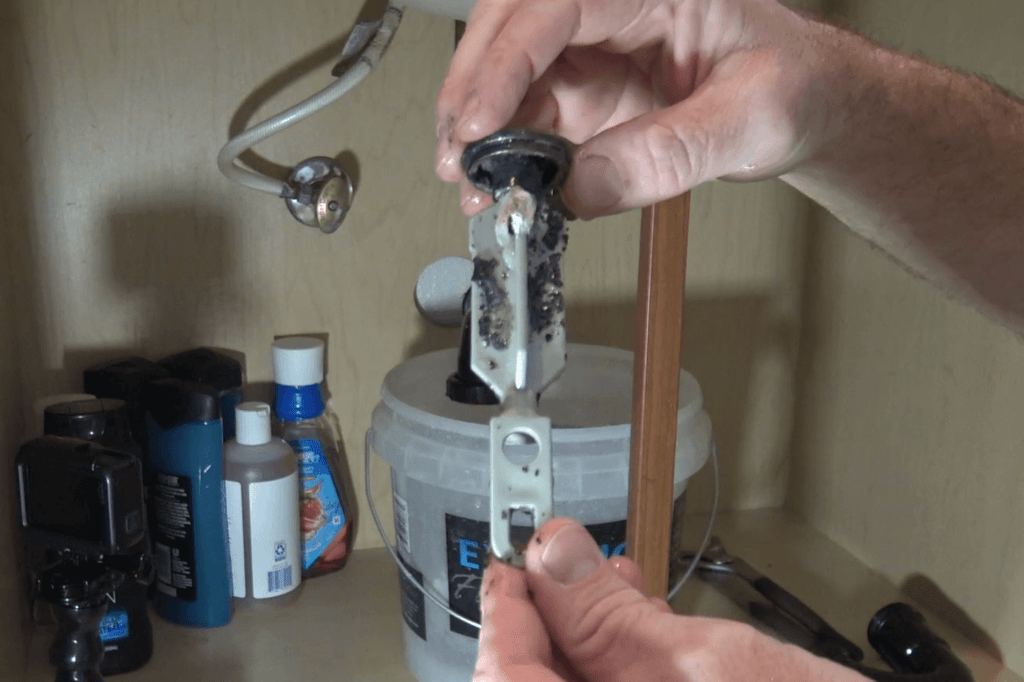
If you're experiencing a clogged sink due to toothpaste build-up, you may be tempted to use chemical drain cleaners to clear the blockage. However, these harsh chemicals can cause damage to your pipes and may not effectively remove the build-up. Instead, try using a plunger or plumbing snake to dislodge the clog, or call a professional plumber for assistance.
In conclusion, while it may seem harmless to spit out toothpaste into your bathroom sink, it can actually lead to clogged drains over time. By understanding the ingredients in toothpaste and taking preventative measures, you can avoid the hassle and expense of dealing with a clogged bathroom sink.








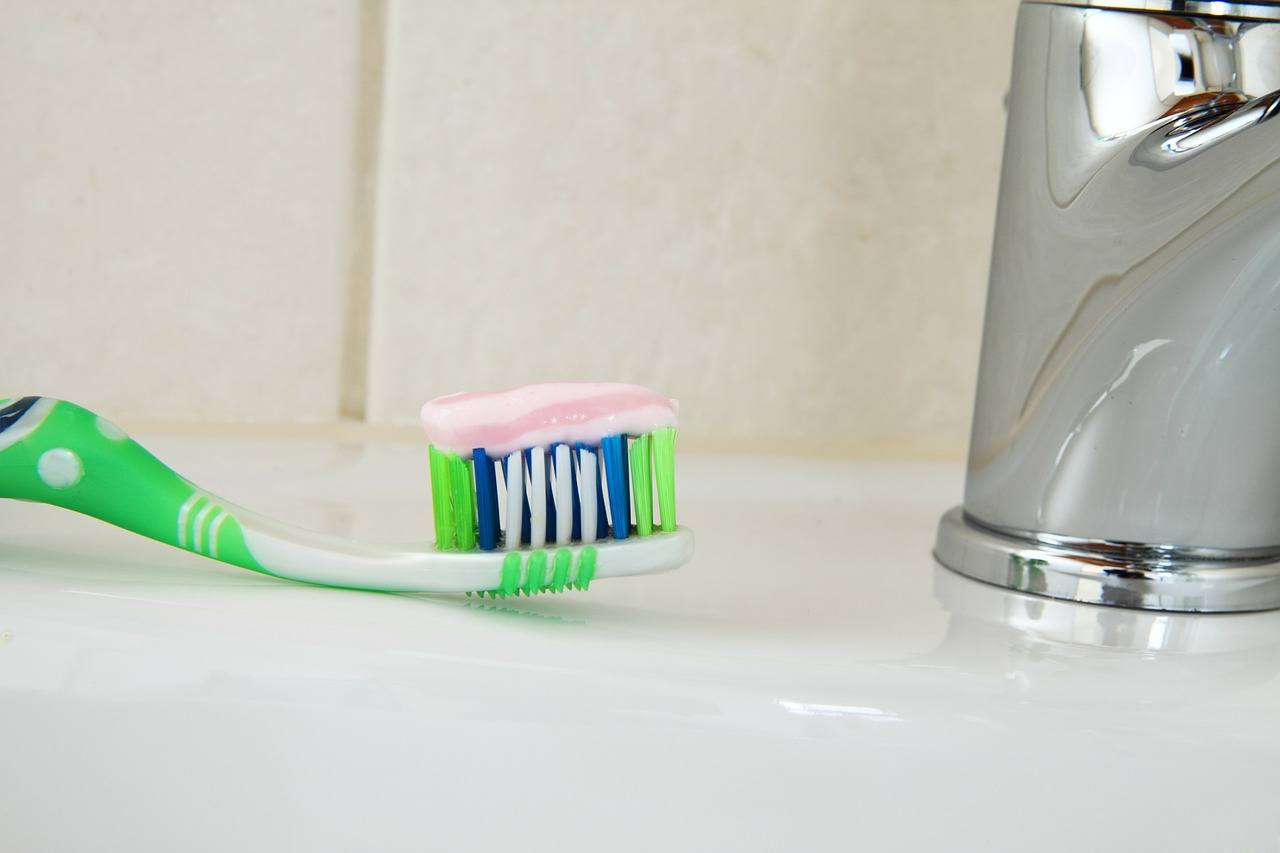

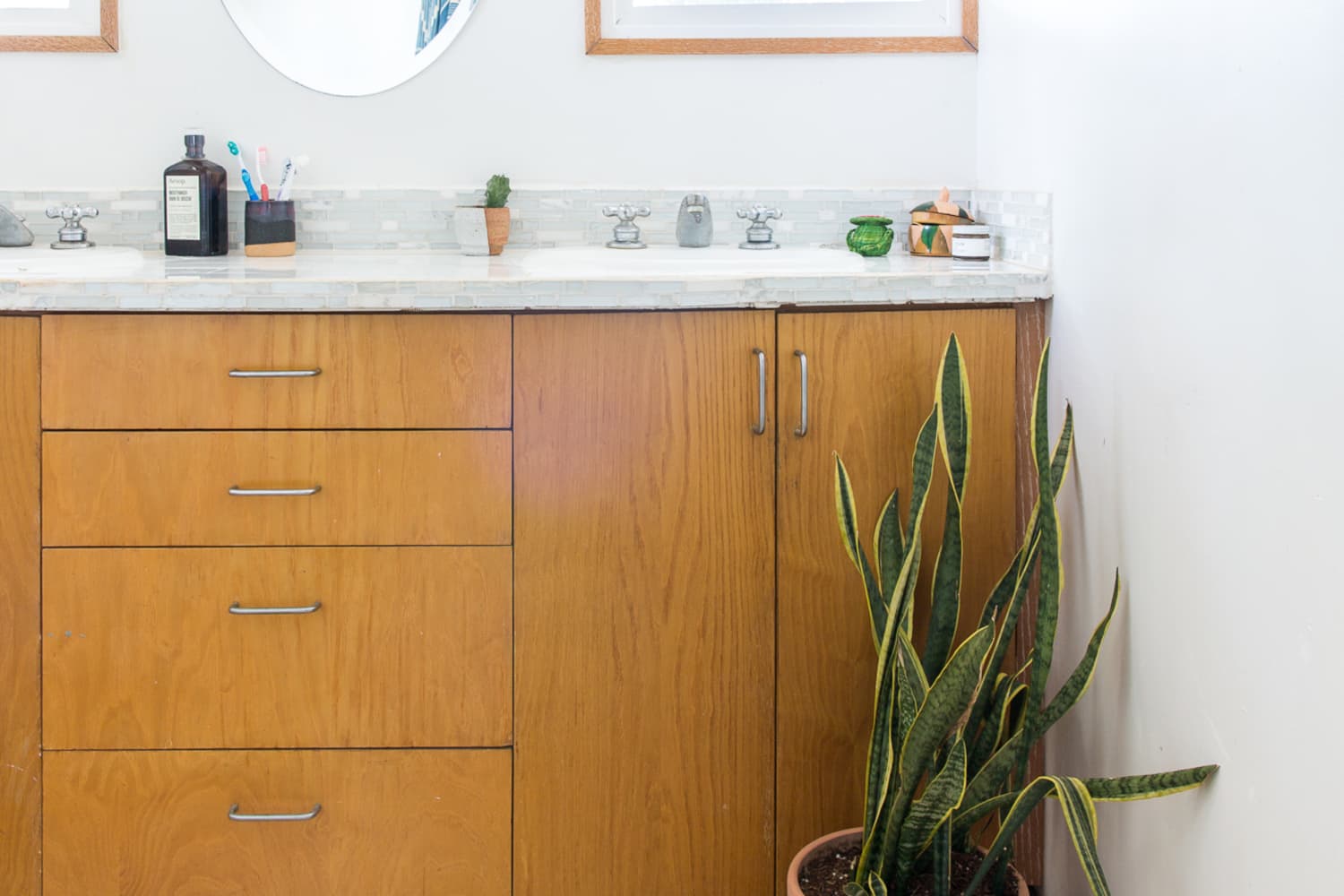
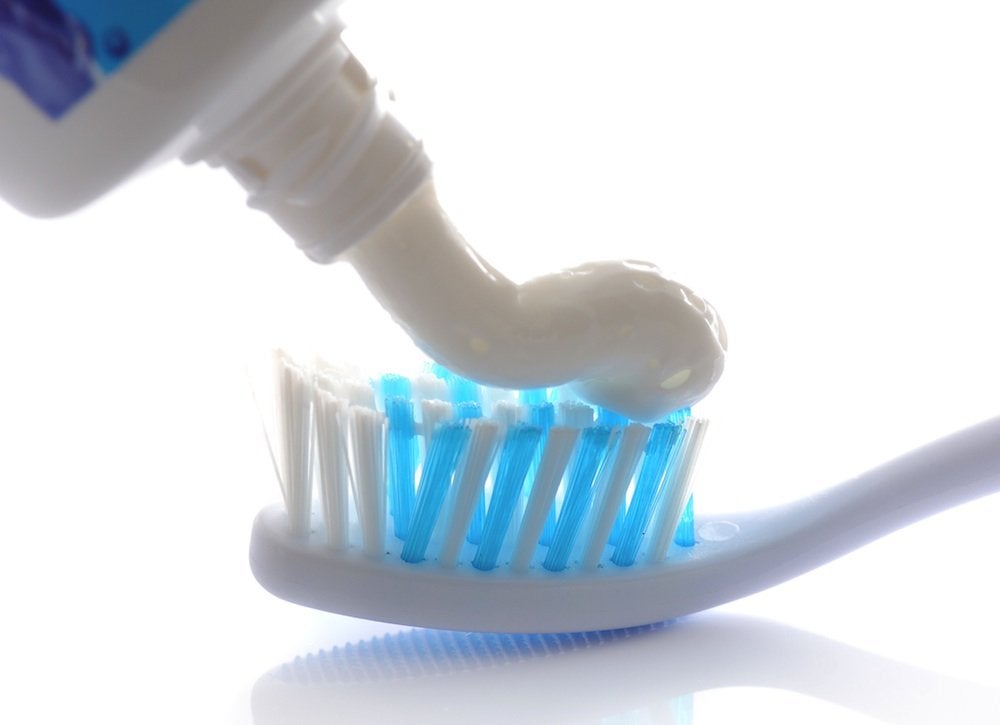

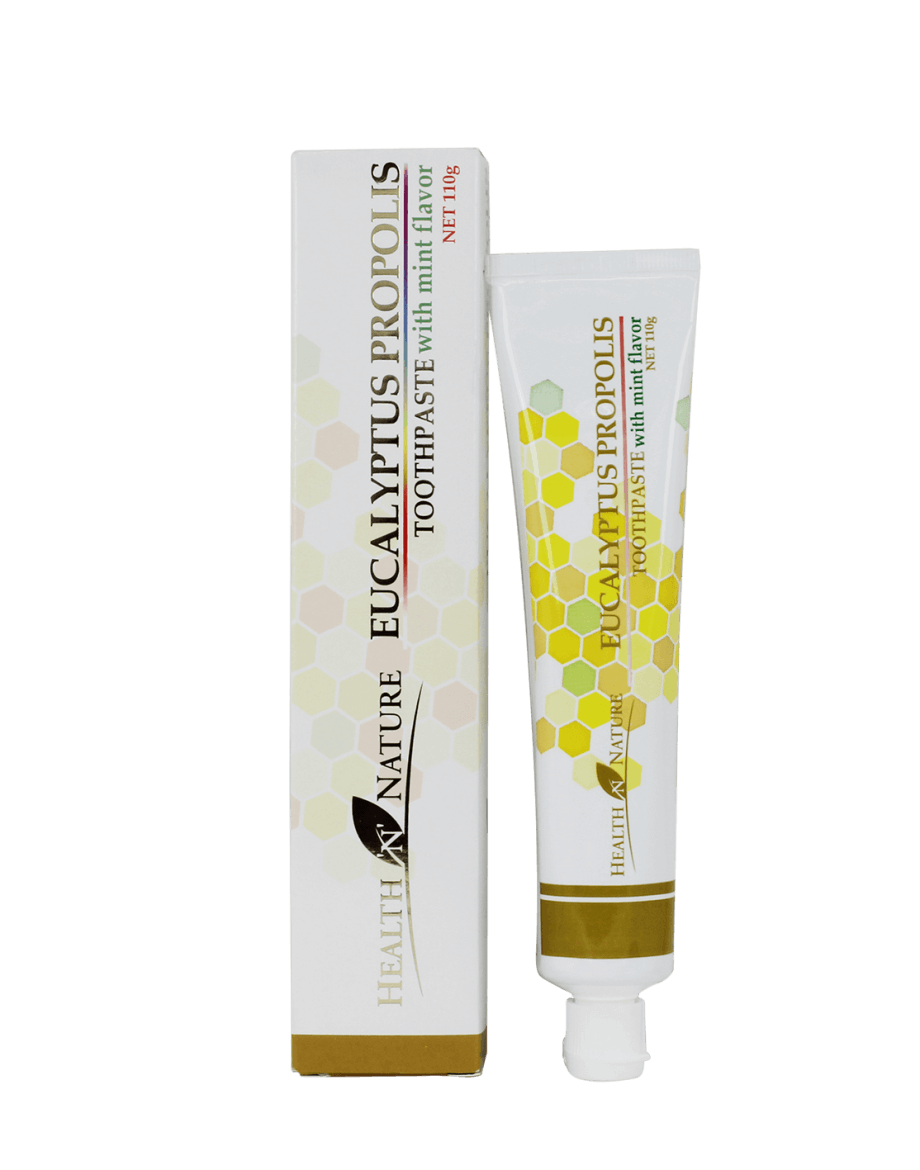

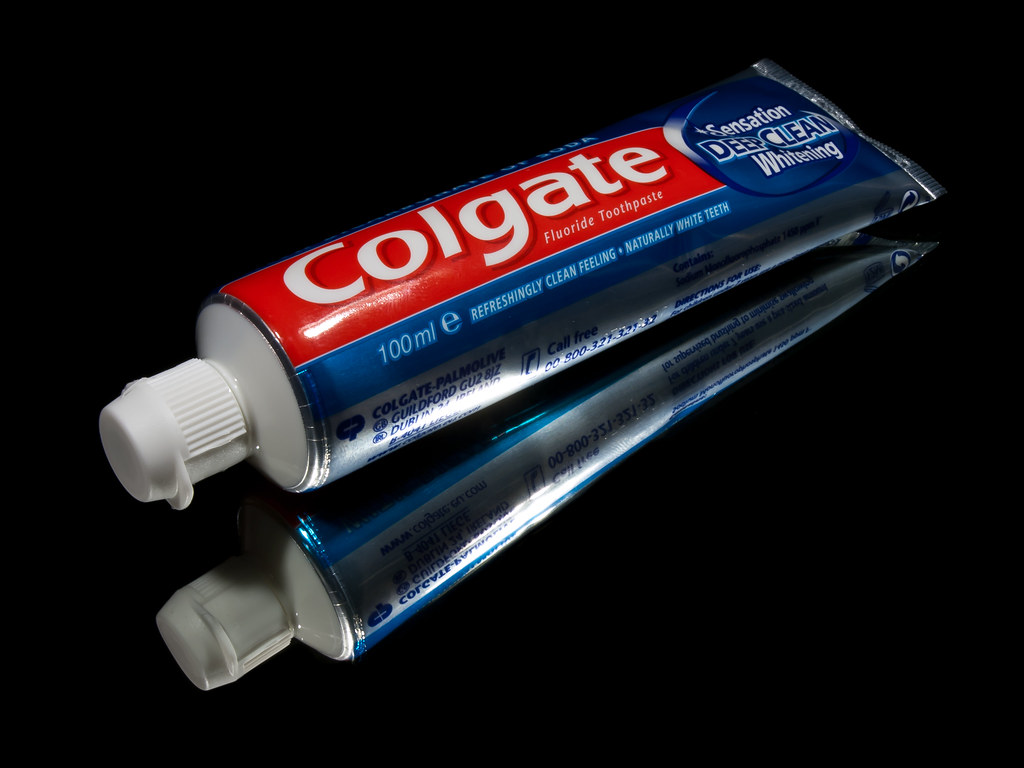

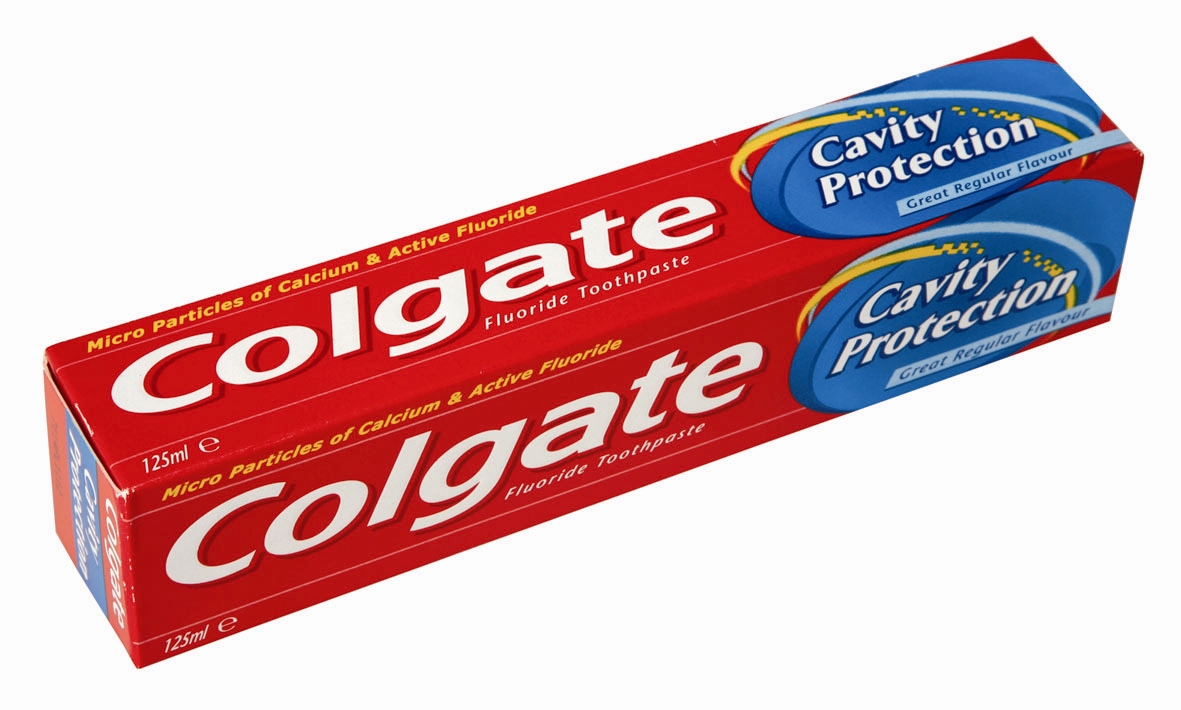
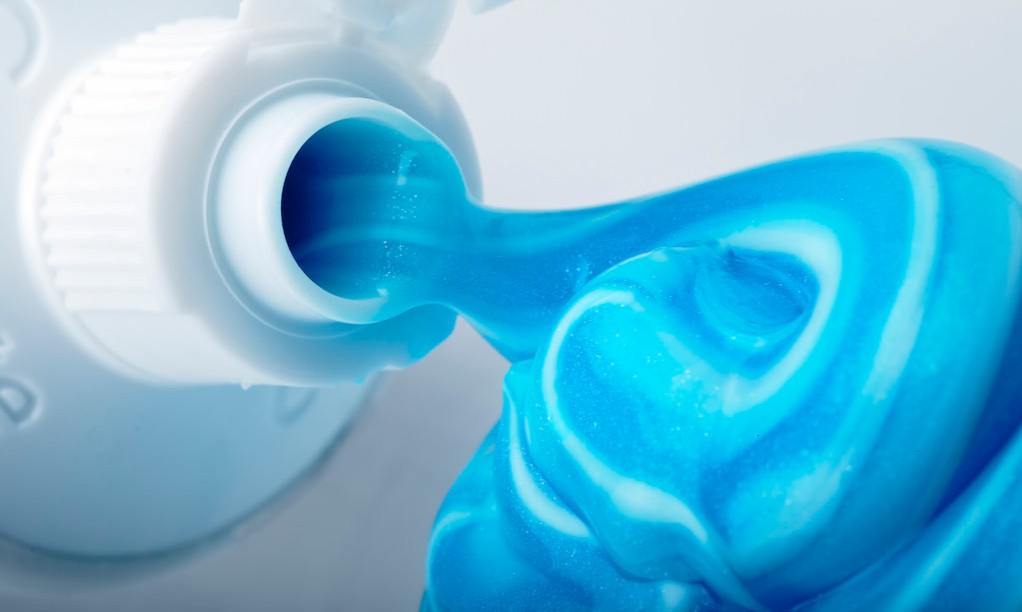
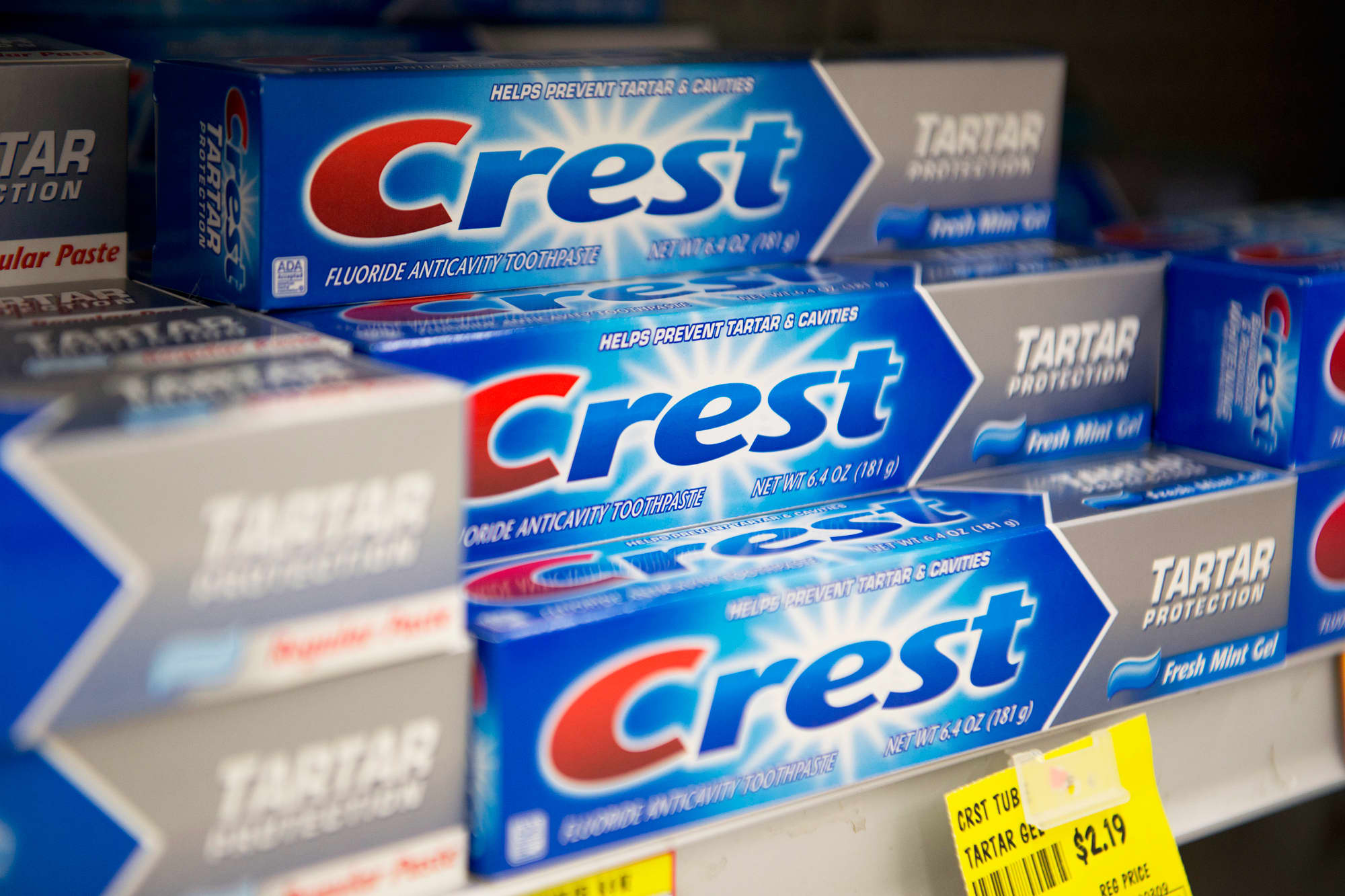

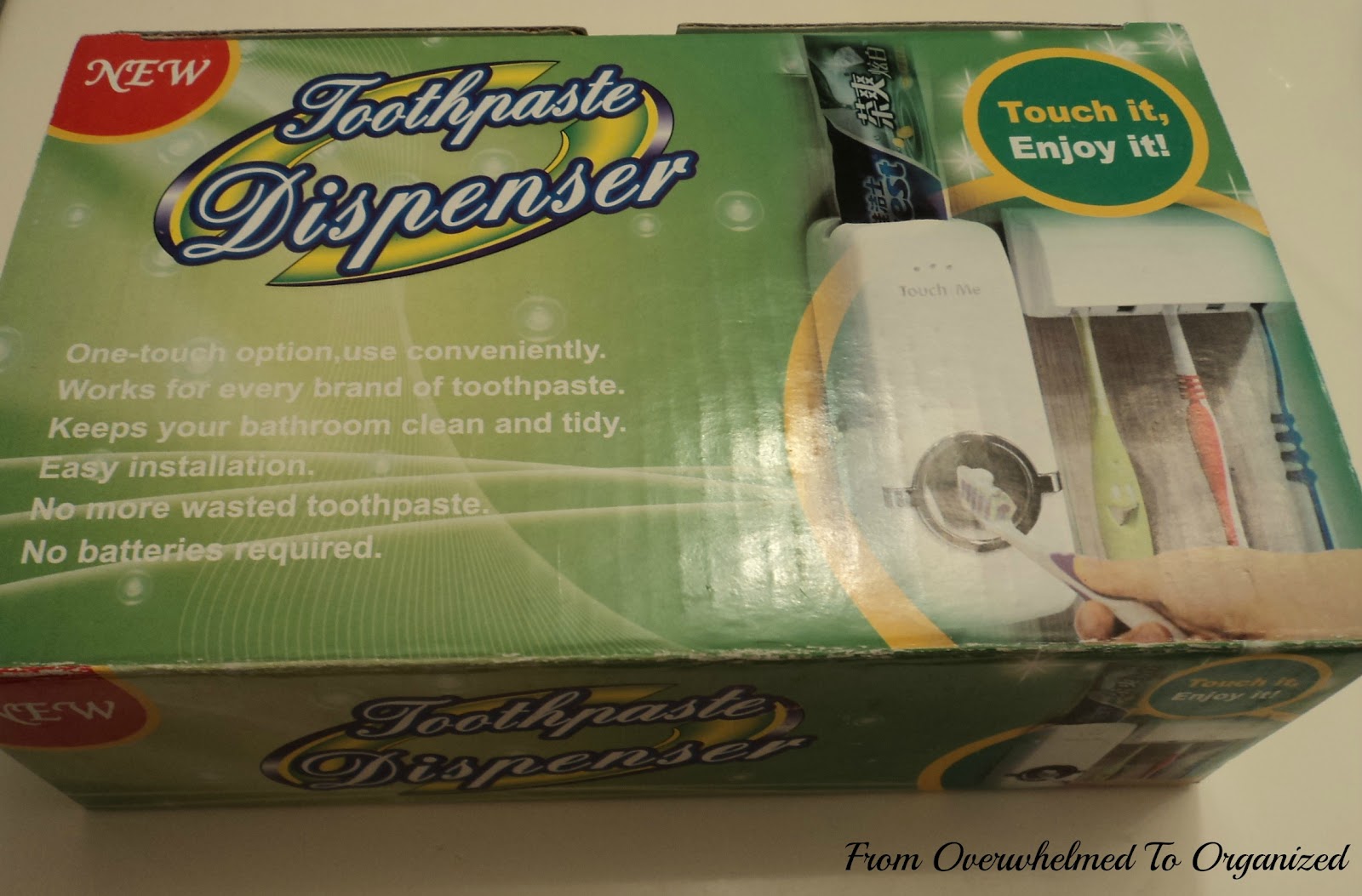








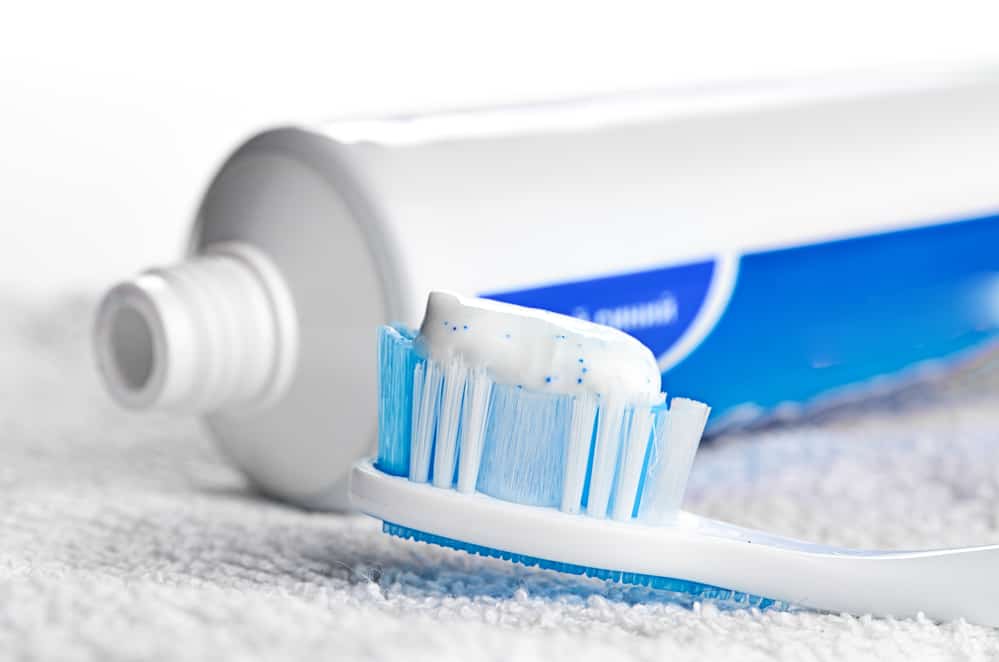



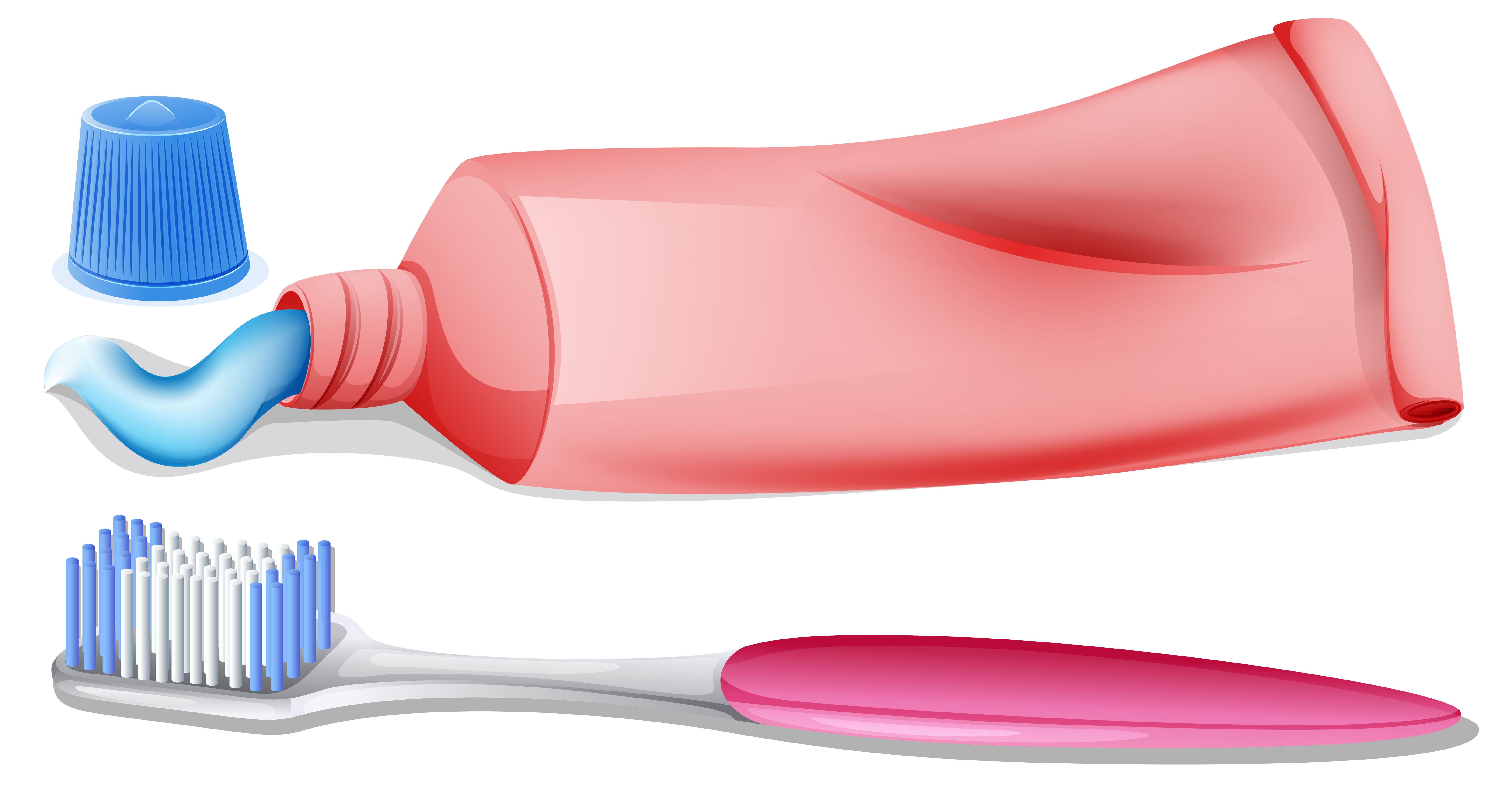





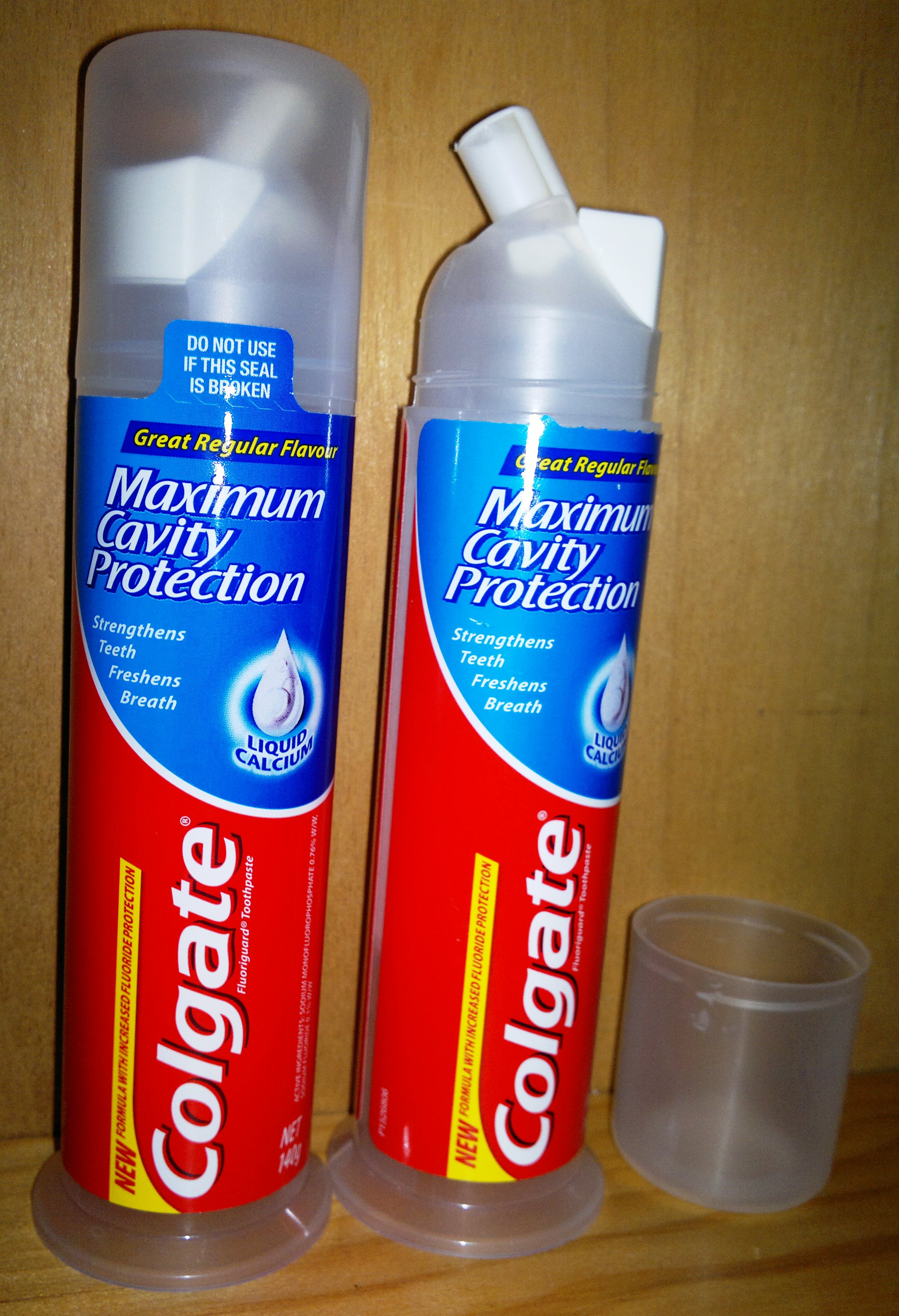

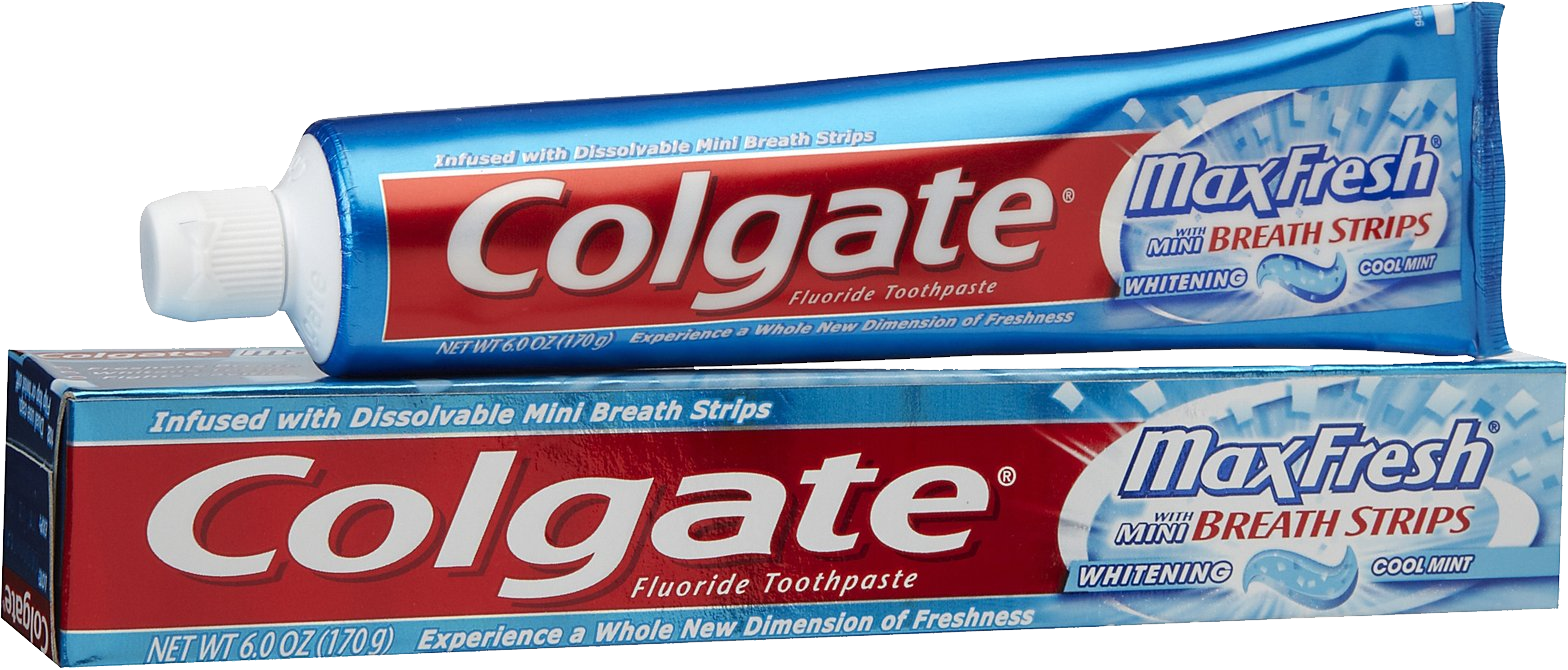

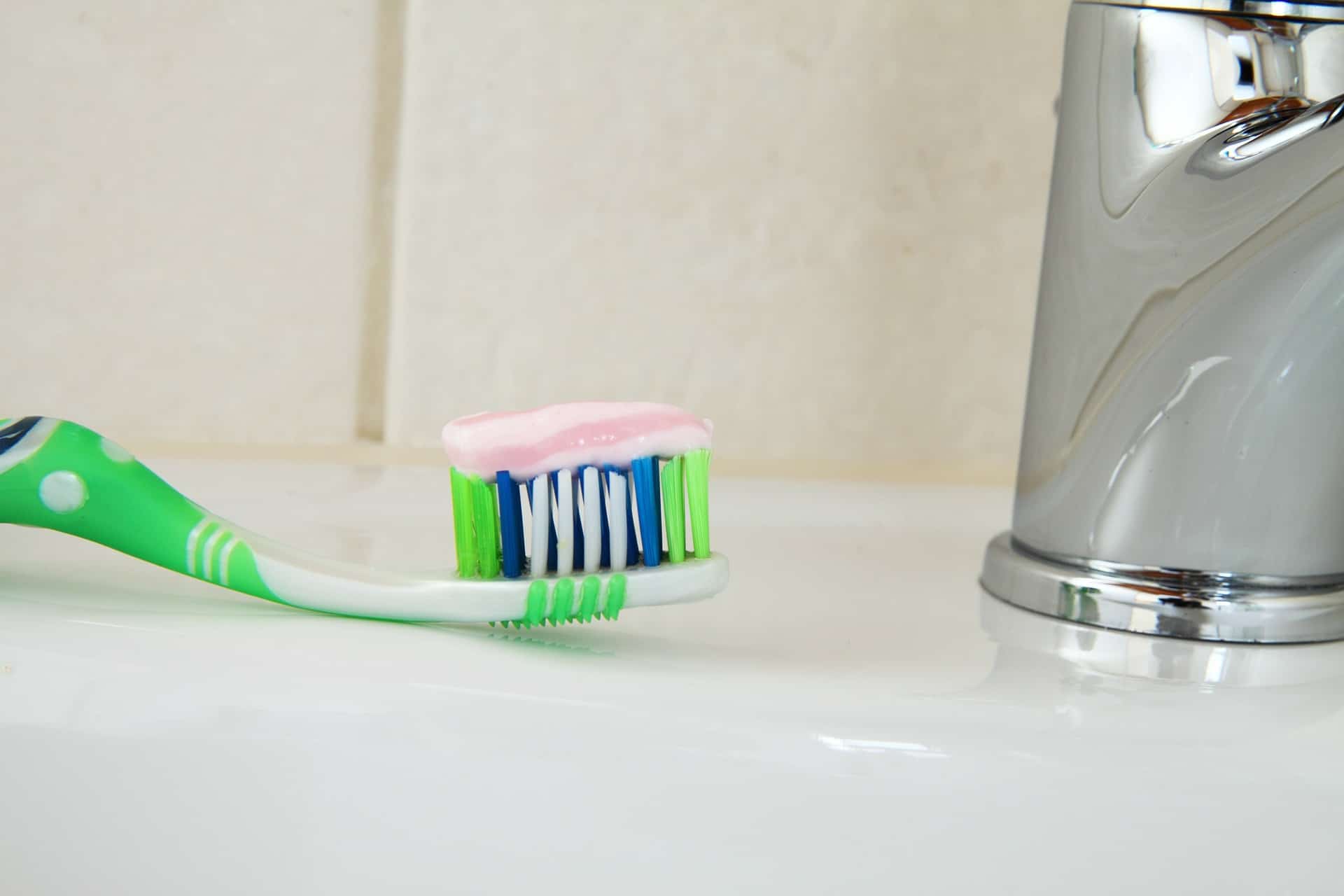
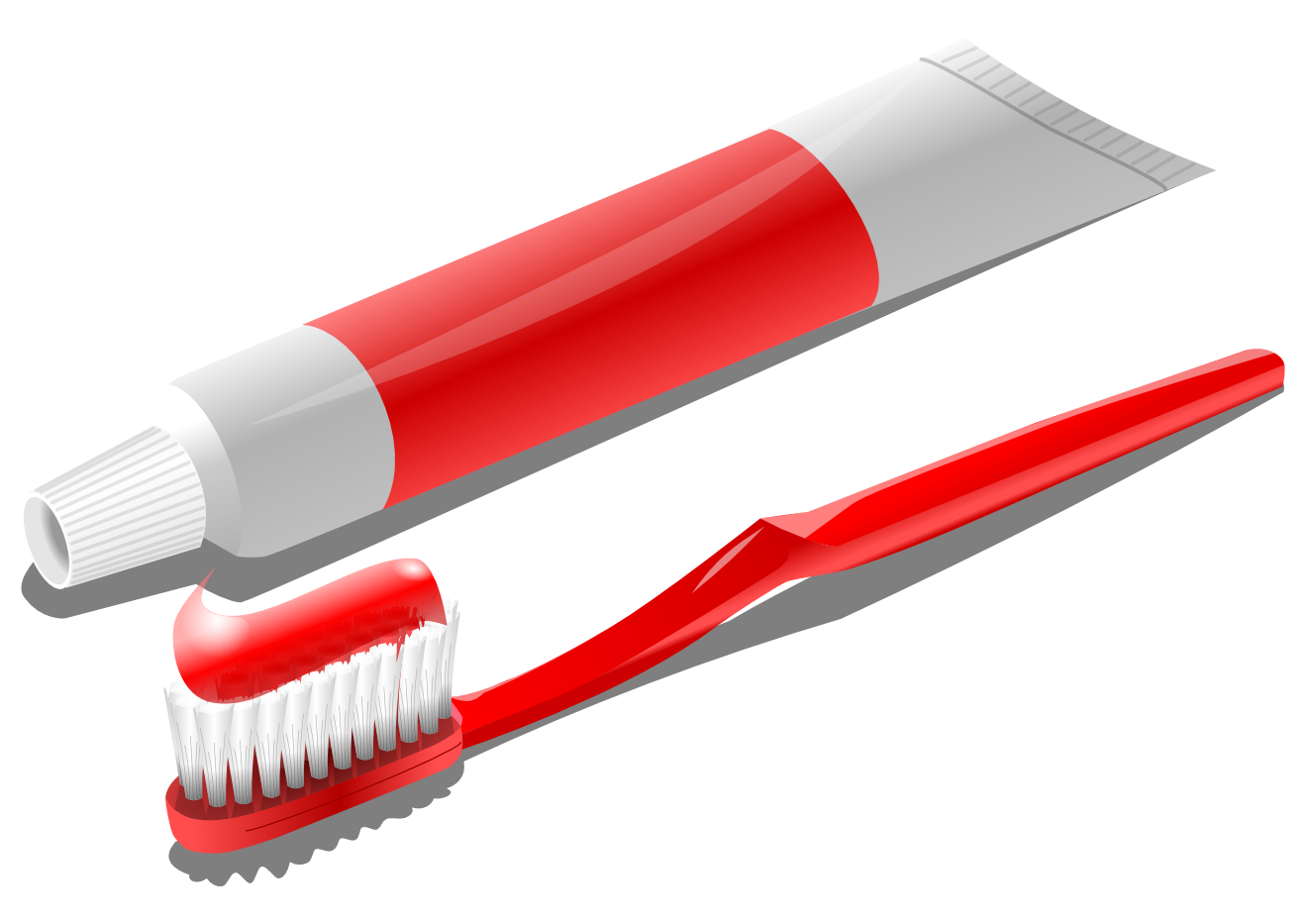



.png)
